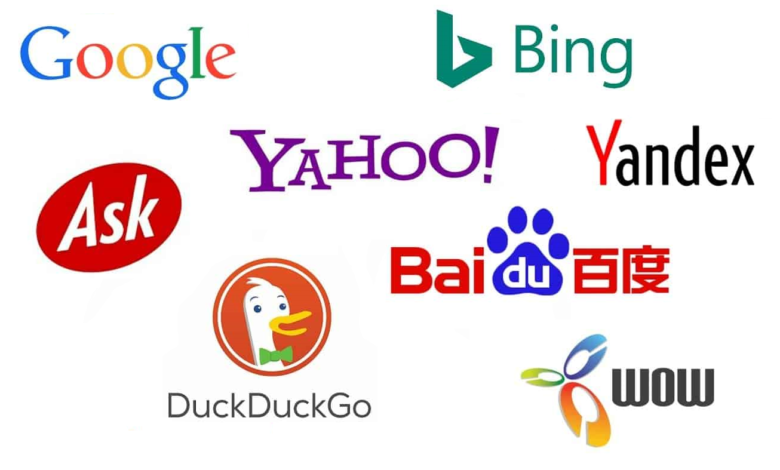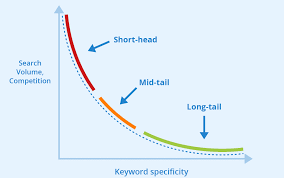Simple methods to optimize search engines for your blog content.

Simple methods to optimize search engines for your blog content.
Blog SEO is the process of developing and updating a blog to boost search engine rankings. This strategy often comprises keyword research, link development, image optimization, and content creation.
Blogging improves SEO quality by placing your website as a relevant response to your clients’ inquiries. Blog entries that employ a range of on-page SEO methods can increase your chances of ranking in search engines while also making your site more interesting to visitors.
When you optimize your web pages, including blog posts, you increase your website’s visibility to individuals using search engines (such as Google) to locate your product or service. But can your blog material truly help your business rank organically in search engines?
Blogging increases SEO quality by positioning your website as an appropriate solution to your consumers’ requests. Blog postings that use a variety of on-page SEO techniques can help you rank higher in search engines while also making your site more appealing to users.
Organic click-through rate.
Blogging allows you to develop relevant content for more keywords than other types of sites, which can help you increase organic clicks.
A person who clicks on a landing page, for example, is generally looking to complete a deal. This indicates that the person is clicking because they are prepared to convert.
However, individuals seek online for a variety of reasons. A blog has the capacity to answer navigational, informative, and transactional search inquiries. Creating content for more sorts of searches can lead to more clicks on your site, which can help your SEO.
Index Coverage
Google cannot rank pages that it has not indexed. Indexing is the process by which a search engine finds and adds material to its index. The page may then be retrieved and presented in the SERP when a user searches for keywords relevant to the indexed page.
To persuade Google to crawl your site’s pages, you should provide relevant and link-worthy material. One method to accomplish this is to consistently add new material to your website. A blog encourages you to upload fresh material to your site on a regular basis, resulting in more frequent indexing.
Backlinks
When other websites link to pages on your website, search engines recognize that your material is valuable and authoritative. Backlinks are essentially an online peer review system. If your blog receives backlinks from reputable sites, your website is more likely to rank in search results.
Because blog postings are more likely to educate or inform people, they tend to acquire higher quality backlinks.
Internal Links.
When you link from one page on your website to another, you provide a clear path for people to follow. Internal links can also help visitors discover the material they are seeking for on your website. These connections also assist search engine crawlers in understanding how your site is organized.
A blog generates additional site pages that may be linked to internally. It also allows you to divert site visitors to other sites that will benefit your users.
For example, suppose you own a lawn maintenance firm and provide grass mowing services. Someone seeking for a lawn mower will not find your services online since that is not what they are looking for (yet).
Consider writing a blog on the greatest lawnmowers, lawn mowing issues, or lawn pest management. These entries make your website simpler to locate. And if someone seeking for lawn mowers decides they prefer an easier choice, they may be a suitable fit for your services. You may direct them to other pages on your website by providing internal links.
These are just a handful of the numerous reasons why blogging benefits SEO. Blogging allows you to share valuable information with your audience. It has the potential to bring in new clients while also engaging existing ones. Creating a blog may help you gain trust, increase sales and leads, and enhance search engine optimization.




